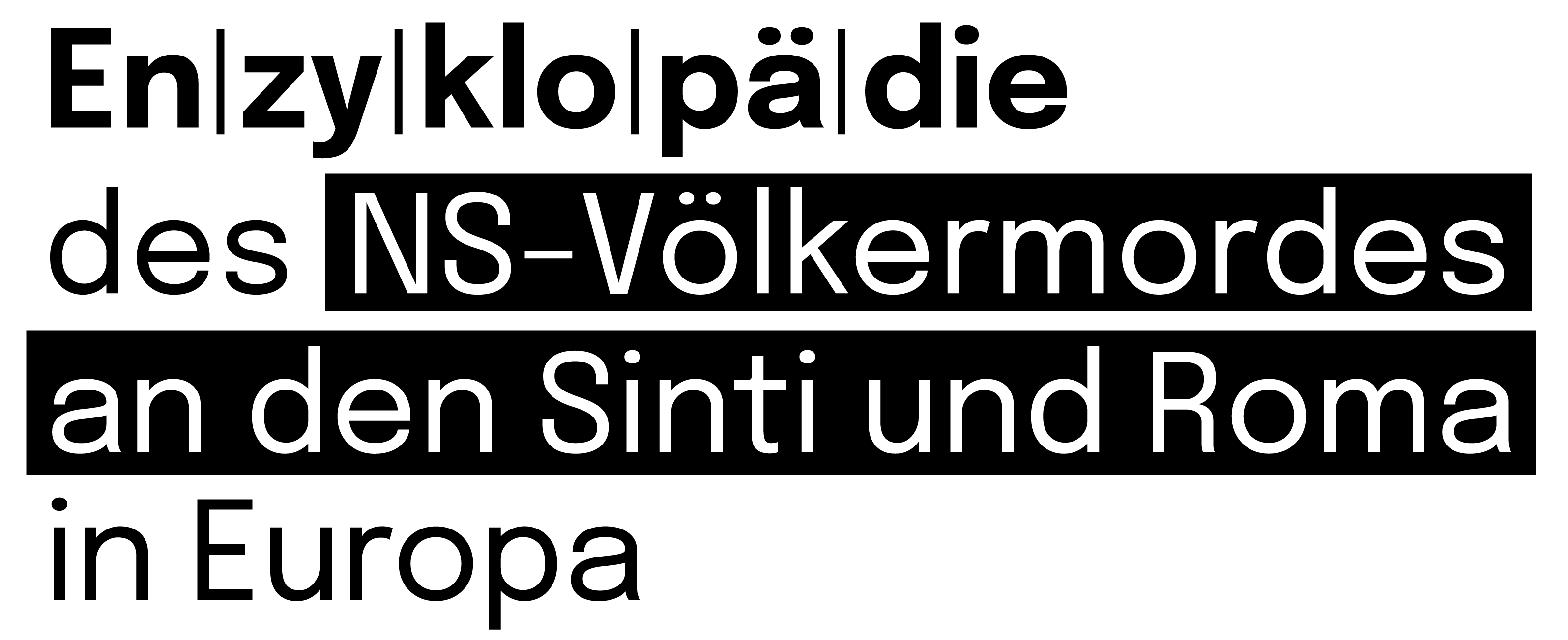The Romni Milica Katić, known as a partisan in German-occupied Serbia, was born around 1905 in the village of Dren, in the municipality of Obrenovac. Her parents’ names were Marica and Živojin Katić.
Resistance
When the war against Yugoslavia began in April 1941, Milica Katić was a housewife1Janković-Radović, “Beograd,” 172. and the mother of two children2Whether both children were male, is not clear. Some authors talk about two sons, others of one son., living in the village of Grabovac, not far from her birthplace. In the course of a large anti-partisan campaign, German soldiers raided Grabovac at dawn on 23 August 1941; searching for partisan supporters, they took all male inhabitants from the age of fourteen captive. Milica Katić managed to escape and came across a patrol of the Posavina partisan detachment, who had their headquarters in a forest near Trstenica. According to the former detachment member Milosav Bojić (1922–2019), she was received personally by commander Koča Popović (1908–1992) and told him about the German operation, and that helped him to take immediate and successful countermeasures.
Afterwards, she joined the First Battalion together with her teenage son.3In some contributions it is said that Milica Katić took two sons with her (Bojić, “Posavski partizanski odred,” 17; Begović, Logor Banjica, vol. 1, 192), while others name a 13-year-old (Janković-Radović, “Okrug Beograd,” 194) or 14-year-old (Bojić, Posavski partizanski odred, 335) son. Since the descriptions about the one son are more detailed, this version seems to be more likely. The question remains open, what happened to this son afterwards, as well as to Milica Katić’s second child. While her son served as a partisan courier, Milica Katić spied on enemy positions and guided partisan units to them. At the beginning of October 1941,4See Bojić, Posavski partizanski odred, 237. the Second Company sent her on a secret mission to a restaurant in Obrenovac, where she had to inform partisan agents about a forthcoming attack on the German military stationed in the town.
Imprisonment and Murder
When the First Battalion was forced to withdraw from the Posavina region at the beginning of November 1941, Milica Katić went with them, but she lost contact on the way. She therefore returned to her village and hid in the house of friends.5See Janković-Radović, “Okrug Beograd,” 194; Bojić, Posavski partizanski odred, 335. In February 1942, however, she was discovered and arrested by Chetniks, who tortured her.6There are some contradictions in the literature in regard to those who arrested and tortured her, as well as to whom she was handed over. She was then handed over to the Germans and sent to the Smederevska Palanka concentration camp. On 18 June 1942, at the age of 37, she was transferred to the Banjica concentration camp in Belgrade, where she spent around eleven months in detention before being executed. According to Banjica camp records, Milica Katić was shot along with a large group of detained ‘hostages’7See Janković-Radović, “Beograd,” 172. on 25 May 1943.




